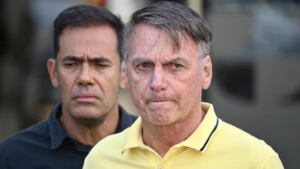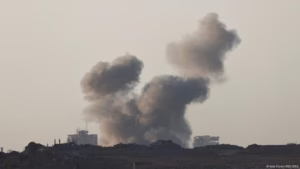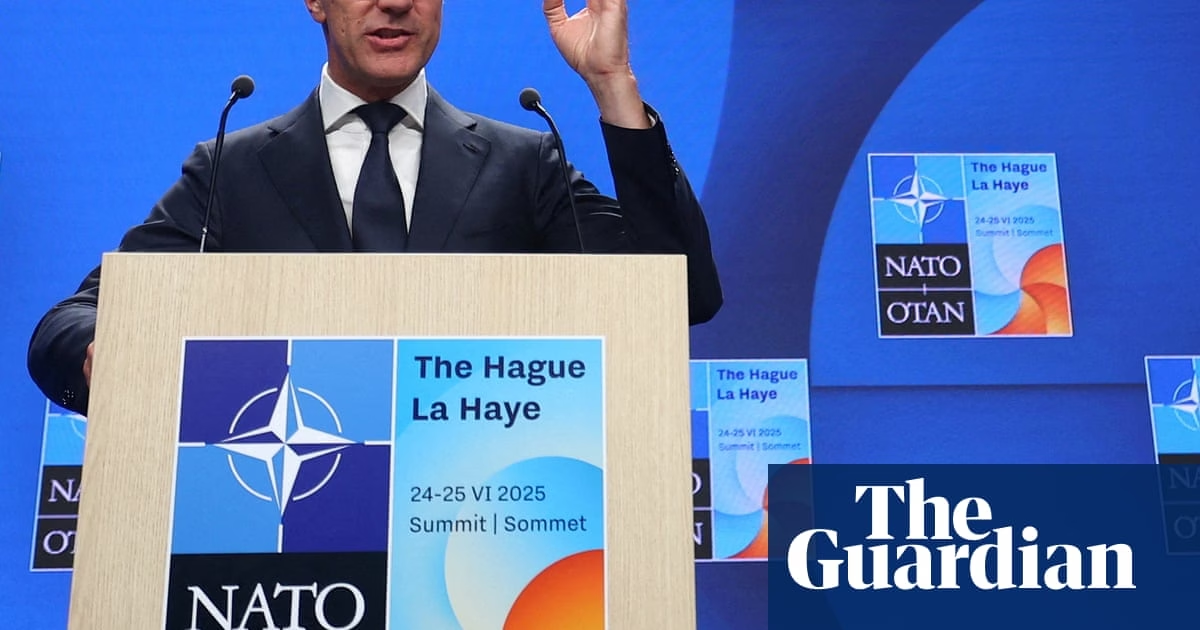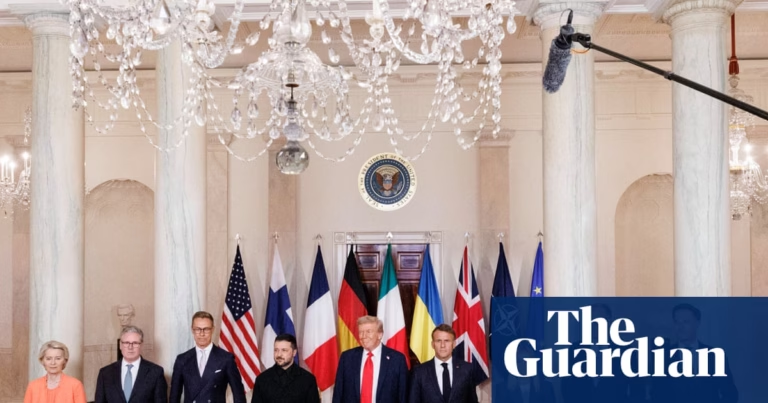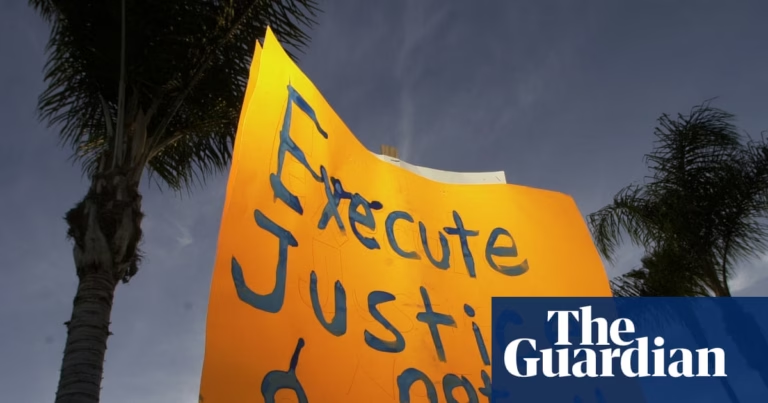Donald Trump was expected to arrive at the Nato summit in The Hague on Tuesday to enjoy a victory lap. After years of criticizing European defence spending, the alliance, under the guidance of Mark Rutte, Nato’s new secretary general, is preparing to adopt a target to increase, in most cases, core defence spending to 3.5% of GDP by 2035.
In addition, just a few days ago, during his second term, Trump oversaw the first major military intervention — the bombing of Iran’s nuclear sites at Fordow, Natanz, and Isfahan over the weekend — and shortly after declared a ceasefire between Israel and Iran.
Assuming that the ceasefire does not collapse, Trump is expected to arrive in a self-congratulatory mood, which most Nato leaders are unlikely to challenge at a summit tailored for leaders with short attention spans. The summit will kick off with a dinner hosted by the Dutch king, Willem-Alexander, on Tuesday evening, followed by a single working meeting on Wednesday morning, with press conferences afterward.
Concerns earlier in the year about Trump potentially rejecting Nato, withdrawing US troops from Europe, abandoning support for Ukraine, and pursuing a close relationship with Moscow have somewhat alleviated, though none have been completely dismissed. Ukraine’s president, Volodymyr Zelenskyy, is invited to the dinner but not to a working meeting with Nato leaders, reflecting the diminishing US support for Kyiv, where military aid has been stopped under Trump’s administration.
The meeting will likely be disappointing for Ukraine, as most allies had hoped for stronger language in support of Ukraine’s Nato membership and a clearer stance on sanctions against Russia. Instead, support for Kyiv is expected to shift towards other European frameworks, such as the EU and the Ukraine contact group of military aid donors, now led by the UK and Germany. However, Europe cannot compensate for a lack of US military support, leaving Ukraine at risk of being entangled in a prolonged defensive conflict that Russia seems willing to continue.
The Middle East developments will likely dominate the news, although Nato’s role in the region is minimal. Europe is largely excluded from the conflict, although that could change if Iran were to adopt a new, dramatic course.
The positive diplomatic tone before the summit can be credited to the former Dutch prime minister, Rutte, who adeptly managed the US president by offering him what he wanted and persuading most European allies to sign up more readily than expected.
Rutte proposed a plan to convince allies to spend a headline 5% of GDP on defence, with 3.5% dedicated to military spending and the remainder allocated to related intelligence, cyber, and infrastructure that all allies can fund. Although he had hoped to set a deadline of 2032, the final target date of 2035 is a modest compromise.
The secretary general argued that it was not difficult to persuade Nato leaders to adopt the spending target, as they recognize the threat from Russia, which could potentially launch a successful attack on Nato between 2028 and 2030. On the eve of the summit, there was some last-minute politicking, with Spain declaring it would not match the 3.5% pledge, though it would not block its adoption. Madrid stated it could meet its Nato commitments at 2.1%. Rutte insisted there would be no exemptions or opt-outs and said it was a matter of time to see if Spain would match the pledge.
For some countries, the new spending target does not significantly impact their current defence expenditure. Poland, for example, is particularly concerned about Russia’s threat and already invests more than 3.5% of its GDP in defence. However, for most countries, the target represents a substantial commitment, including France, Germany, and the UK. The UK had previously committed to spending 2.5% of GDP by 2027 and was among the last countries willing to sign up to the 3.5% target, which was finalized just 10 days ago. The additional percentage point translates to approximately £30bn in new funds for defence, a sizeable sum that was accepted by Nato leaders due to the severity of the threat.
Source: https://www.theguardian.com/world/2025/jun/24/nato-summit-expected-to-be-triumphant-for-trump-and-deflating-for-ukraine
